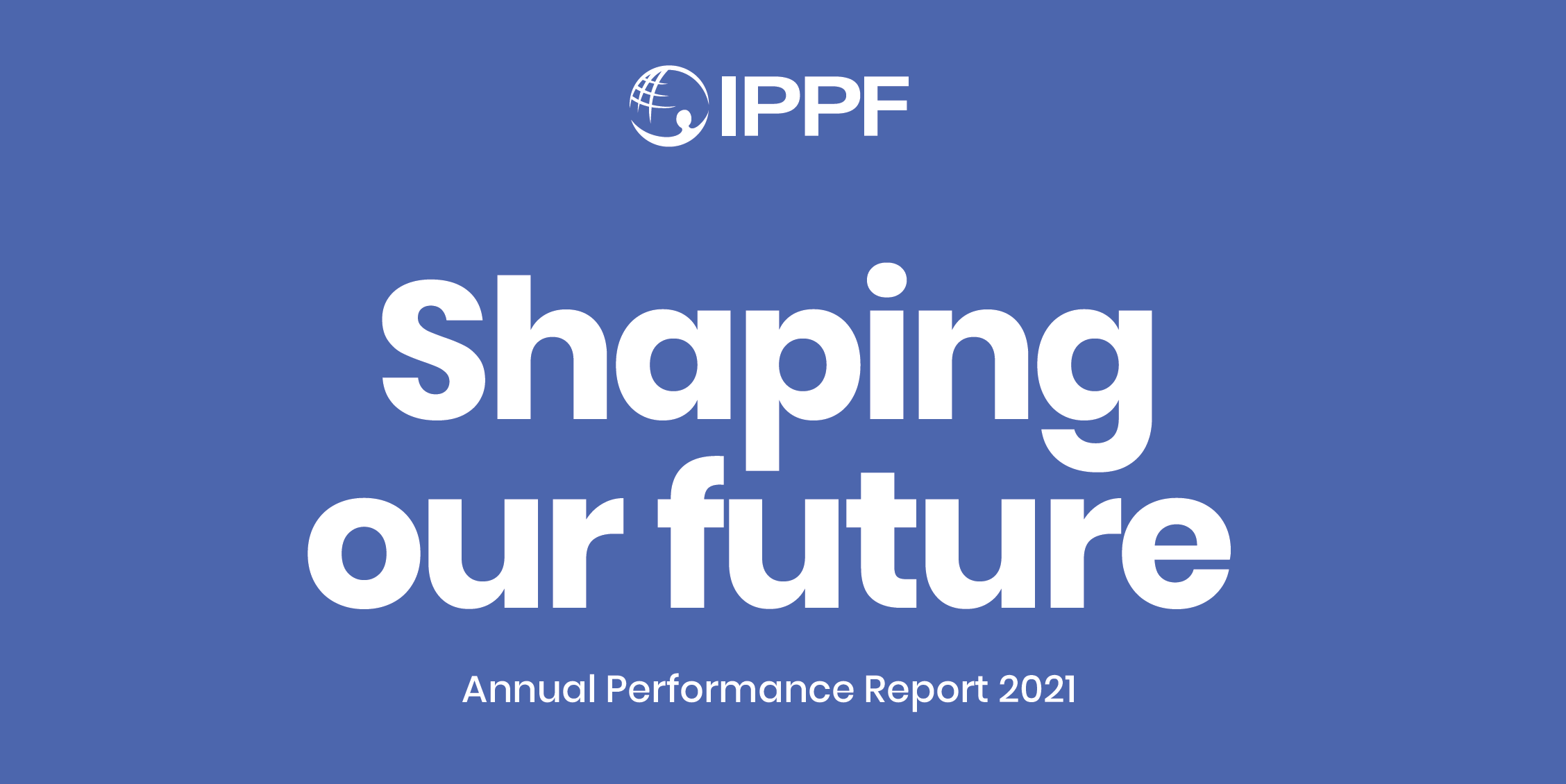Spotlight
A selection of resources from across the Federation

Africa
Africa's Health Champions: IPPF Regions' Achievements in 2023
IPPF Africa Region has released its 2023 achievements video highlighting impactful work across the continent this past year. The 2-minute video gives a snapshot of IPPF's support for expanding access to family planning, advancing sexual and reproductive health rights through advocacy, supporting gender, equality, providing comprehensive sexuality education for youth, increasing access to safe abortion care, and eliminating harmful practices.
Filter our resources by:


| 13 January 2022
IPPF Africa Region Director's visit to Côte d'Ivoire
Highlights of the high-level mission of the International Planned Parenthood Federation (IPPF) Africa Regional Office in Côte d'Ivoire, from 2 to 10 November 2021, to discuss the project of opening a sub-regional office for West and Central Africa in Abidjan.

| 13 January 2022
Female Genital Mutilation/Cutting: Times Are Changing
Female genital cutting or mutilation, also known as FGC or FGM, involves partial or total removal of the external female genitalia, or other injury to the female genital organs for non-medical reasons. It is typically performed on girls under 15 years of age although this varies across communities and can sometimes be carried out during the first weeks of life or occasionally in adulthood. Female genital cutting is a serious reproductive health concern and a human rights violation. It has devastating short- and long-term consequences on the lives of women and girls and their communities. Female genital cutting can lead to hemorrhaging, infections, damage to adjoining organs, infertility, complications during pregnancy and childbirth, psychological trauma, and even death. Worldwide, between 100 million and 140 million women have been cut, and 3 million more are at risk each year. Women are subjected to female genital cutting in 28 countries in Africa – this includes Eritrea, Ethiopia, Kenya, Tanzania and Uganda in East and Southern Africa. Female genital cutting is a practice that is deeply-rooted in tradition in communities where it is practiced and passed on through generations. It is frequently based on the belief that the practice helps control a girl’s sexuality and ensures her virginity until marriage or helps prepare her for marriage. Female genital cutting is becoming less common, with more than 24,000 communities around the world declaring abandonment of the practice. Locally-led efforts that help recognize the harm of female genital cutting through community discussions are making a difference as more and more families decide not to cut their daughters.

| 13 January 2022
Creative session between Dr Aproko and the Youth Action Movement of Nigeria on SRHR
In order to increase African youth awareness on specific issues related to sexual and reproductive health and rights, IPPFAR engaged the services of Influencer Aproko Dr. for a 1-month digital campaign including the production and dissemination of various video content. This video highlights the creative session between Dr Aproko and the Youth Action Movement of Nigeria on sexual reproductive health and education. The International Planned Parenthood Federation Africa Region (IPPFAR) is the leading sexual and reproductive health (SRH) service delivery organization in Africa, and the leading sexual and reproductive health and rights advocacy voice in the region. Headquartered in Nairobi, Kenya, the overarching goal of IPPFAR is to increase access to SRHR services to the most vulnerable youth, men and women in sub-Saharan Africa.

| 13 January 2022
Position paper and Policy Brief on Universal Health Coverage (UHC) and Sexual and Reproductive Health and Rights (SRHR)
As we mark the 2021 International Girl Child Day, the IPPF Africa Regional Sub-Office to the African Union and the United Nations Economic Commission for Africa (IPPF AUSO), in collaboration with the Gender is my Agenda Campaign (GIMAC) network launches a Policy Review : Sexual and Reproductive Health and Rights (SHR) as an Essential Component to Achieve Universal Health Coverage (UHC). The objective of the Policy review is to unpack the concept of UHC and how it relates to and why there is need to integrate sexual and reproductive health and rights (SRHR) in it. This introspection looks at why countries should invest in UHC, building on the healthy livelihoods of all people as clearly outlined in the 2030 Agenda for Sustainable Development as well as the African Union Agenda 2063. IPPF also takes this opportunity to also launch a Position paper on Universal Health Coverage (UHC) and Sexual and Reproductive Health and Rights (SRHR) developed by IPPF. This document articulates IPPF’s priorities in relation to Universal Health Coverage (UHC) and sexual and reproductive health and rights (SRHR) and aims to provide guidance for IPPF Member Associations (MAs) and the Federation at large. They were produced through a consultation process involving representatives from Member Associations (MAs) and IPPF’s Secretariat through workshop discussions, key informant interviews, and document reviews.

| 27 August 2021
The BMZ Project: Supporting People Affected by Humanitarian Crises in sub-Saharan Africa
The BMZ project supported refugees, internally displaced people, and host communities in Burkina Faso, Cameroon and Togo, in accessing quality sexual reproductive health care and in setting up income generating activities. Watch our video to find out how.
| 26 August 2021
Togo: Supporting Refugees and Displaced People -the BMZ Project
The BMZ project supported refugees, internally displaced people, and host communities in Burkina Faso, Cameroon and Togo, in accessing quality sexual reproductive health care and in setting up income generating activities. Learn more about the work of our Member Association in Togo - The Association Togolaise pour le Bien-Etre Familial (ATBEF) with regard to the humanitarian response and support to refugees, displaced populations and the host communities, courtesy of the BMZ project.
















